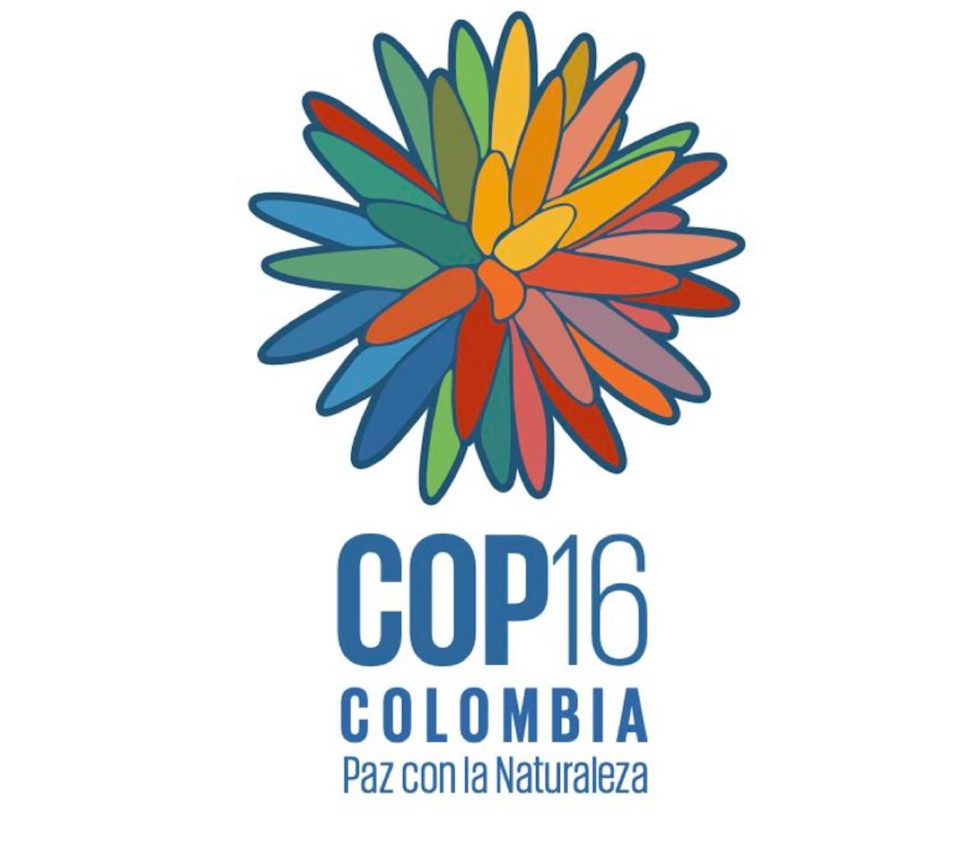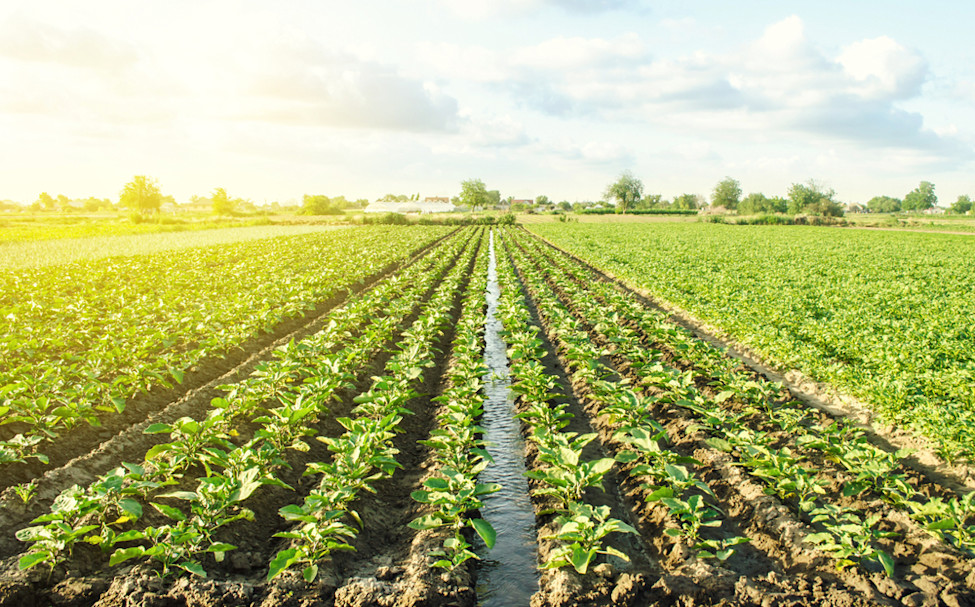
FAIRR at COP16
FAIRR at COP16
This year’s Convention on Biological Diversity (CBD) COP16 will be held in Cali, Colombia from 21 October to 1 November 2024. Unlike the United Nations Framework Convention on Climate Change (UNFCCC) COP, which focuses on climate change, the CBD COP specifically addresses biodiversity conservation, the sustainable use of biological resources, and the fair and equitable sharing of benefits from genetic resources.
CBD COPs are pivotal for shaping global policy on biodiversity conservation. COP15 was held two years ago in Montreal, where the Montreal-Kunming Global Biodiversity Framework (GBF) was agreed by nearly 200 countries. This CBD COP will reconvene parties to discuss National Biodiversity Strategies and Action Plans (NBSAPs) – which lay out how each country will aim to achieve the targets of the Kunming-Montreal Global Biodiversity Framework.

Why COP16 matters for the agrifood sector
The CBD COP16 is highly significant for the agri-food sector due to the focus on biodiversity and eco-system services, which is intricately linked to agricultural sustainability, productivity and resilience.
The agri-food sector is unique as its highly dependent on nature, but also exerts significant pressure on ecosystems and is a major driver of climate change and biodiversity loss. Decisions made at CBD COP16 can influence how agriculture interacts with ecosystem, how it manages natural resources, and how adapts to growing environmental pressures.
The GBF sets out several key targets relating to the future sustainability of the agri-food sector. For example, the GBF includes a goal to protect 30% of the planet’s land and sea areas by 2030. To achieve this goal requires significant changes in agricultural practices to avoid further encroachment on natural habitats.
Other key targets to keep an eye on are include Target 15 and Target 18. You can read more on this in FAIRR’s recent insight.

Why and how is FAIRR participating to COP16?
FAIRR is sending a delegation to COP16 to highlight the investor voice on key topics including governance and stewardship, linkages between livestock production and deforestation, protein transition, regenerative agriculture, just transition and sustainable blue food systems.
Policy engagement:
FAIRR will engage with policymakers on a number of key ESG themes, with a particular focus on repurposing harmful agriculture subsidies. FAIRR will be building off momentum from the 2023 investor statement calling on G20 finance ministers to repurpose agricultural subsidies in line with climate and nature goals.
Official side events:
Official side events including those at the intersection of finance, food and biodiversity are slowly being announced. To learn more about FAIRR's participation, click here.
Convening global investors:
FAIRR will convene an invite-only Chatham House rules event where senior investors will be invited to join a roundtable discussion facilitated by the FAIRR team. This will be a unique opportunity for investors from different regions to interact with each other and have a transformative conversation regarding the crucial role of biodiversity in the global food supply chain and the concrete challenges and opportunities for investors. It will be an interactive dinner with spotlight interventions on topics such as reporting mechanisms and TNFD, setting nature investment policies, and innovative finance mechanisms for nature and biodiversity.
Green zone side events:
To be confirmed.

What does FAIRR expect to see at COP16
In the lead-up to COP16, the Colombian Presidency has outlined three key priority areas for action:
Translate the Biodiversity Plan to resolute national action
Mobilise and bolster means of implementation
Accelerate progress on access and benefit sharing
With this in mind, FAIRR is expecting movement during the negotiations on the following key issues, building on progress made at COP15 with the agreement of the Kunming-Montreal Global Biodiversity Framework:
Implementation of the Kunming-Montreal Global Biodiversity Framework (GBF): With a goal to halt biodiversity loss and restore ecosystems by 2030, including landmark target to protect 30% of the planet’s land and oceans
Resource Mobilisation: Securing funding and support for developing countries to help meet biodiversity objectives
Monitoring and Reporting: Ensuring accountability for the commitments made under the GBF through effective monitoring systems
Mainstreaming Biodiversity: Integrating biodiversity considerations into sectors like agriculture, fisheries, and forestry to reduce pressures on ecosystems
Across these topics FAIRR will be leading discussions and pushing for outcomes relating to repurposing agricultural subsidies, the role of the blue economy on delivering and protecting ecosystems services, and how nature-related disclosures can contribute towards a nature positive food system.